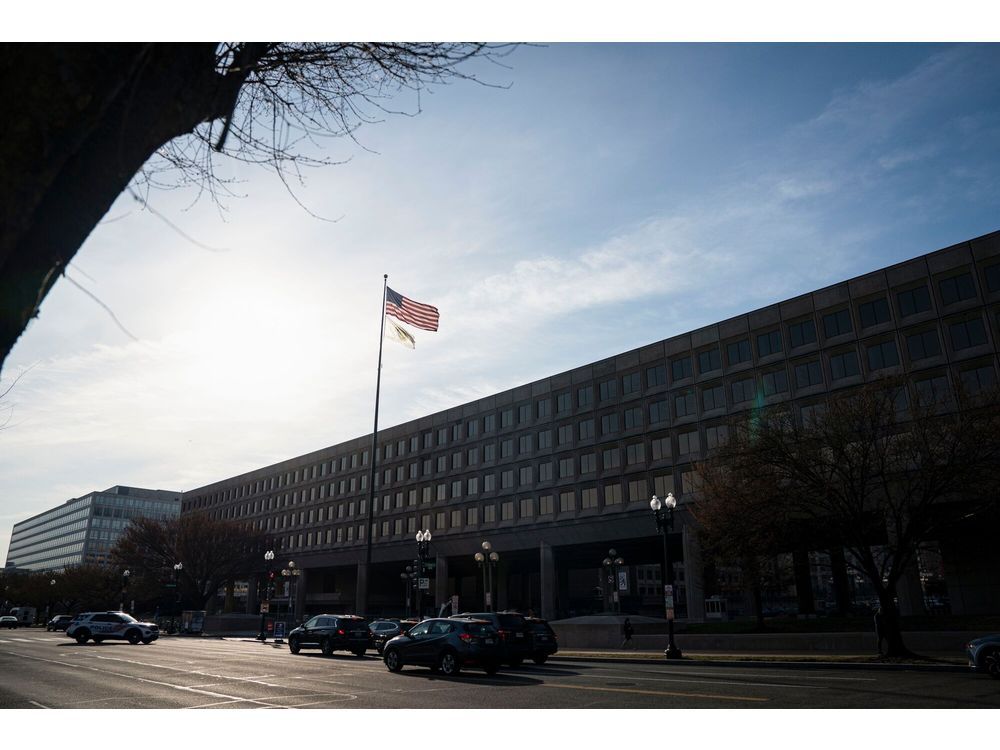Various prediction methods are employed in the stock market, leveraging diverse techniques and data sources. Fundamental analysis delves into a company’s financial health, examining factors like earnings, assets, and management. Machine learning and artificial intelligence have gained prominence recently, using algorithms to analyze vast datasets and identify patterns elusive to traditional methods. Sentiment analysis gauges market sentiment by examining news articles, social media, and other sources to predict how emotions might influence stock prices. Econometric methods like ARIMA and GARCH add a statistical dimension, employing time-series analysis and volatility modeling to enhance predictions.
Reference [1] introduced a novel prediction method based on a concept called the covariance risk premium (CRP). CRP is defined as the expected physical and risk-neutral covariance of implied volatility changes and market index returns. The authors pointed out,
Through meticulous empirical analysis, we substantiate the predictive power of the CRP, revealing its compelling positive and significant impact on future stock market returns across time horizons spanning from one to 24 months. Our investigation covers the sample period of 1996 to 2019, demonstrating that the CRP’s predictive influence extends beyond the confines of in-sample assessments, thereby showcasing its robustness through out-of-sample tests. Importantly, the CRP’s predictive potential translates into substantial and noteworthy economic gains, offering a lucrative edge for mean-variance investors seeking to optimize their investment strategies. Notably, the resilience of our findings is underscored by their consistent validation across the alternative specification of the CRP.
Overall, this study underscores the pivotal role of the CRP as a potent predictor of stock market returns, fortified by both sound theoretical foundations and empirical validation. The empirical insights emanating from our research serve as a guiding compass for investors aiming to maximize returns.
In short, the paper showed that the CRP can predict well the stock market returns both in- and out-of-sample. Moreover, it performs better than many widely utilized predictors.
Let us know what you think in the comments below or in the discussion forum.
References
[1] Jia, Xiaolan and Ruan, Xinfeng and Zhang, Jin E., Covariance Risk Premium and Expected Stock Returns (October 19, 2020). https://ssrn.com/abstract=4613289
Further questions
What's your question? Ask it in the discussion forum
Have an answer to the questions below? Post it here or in the forum




